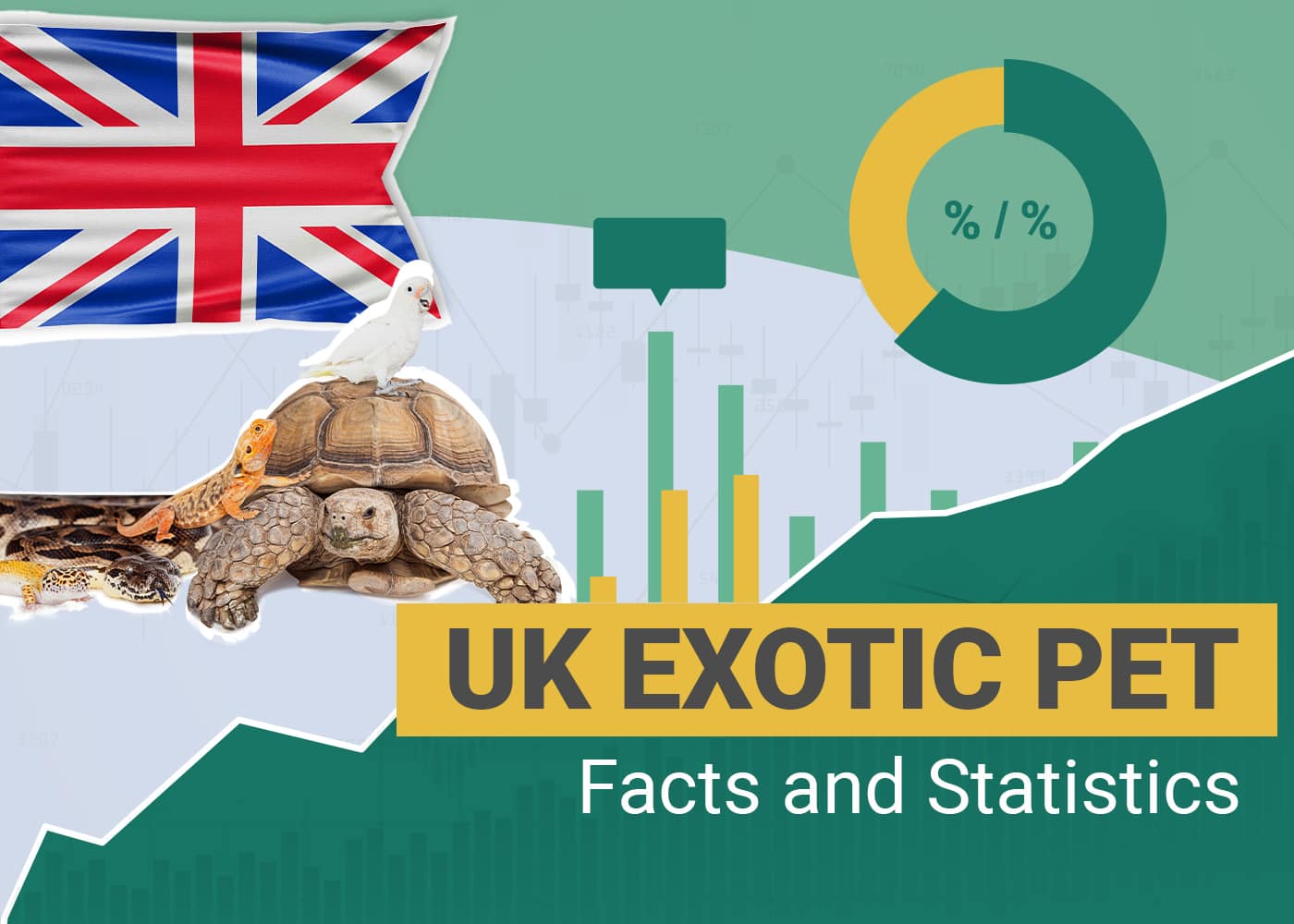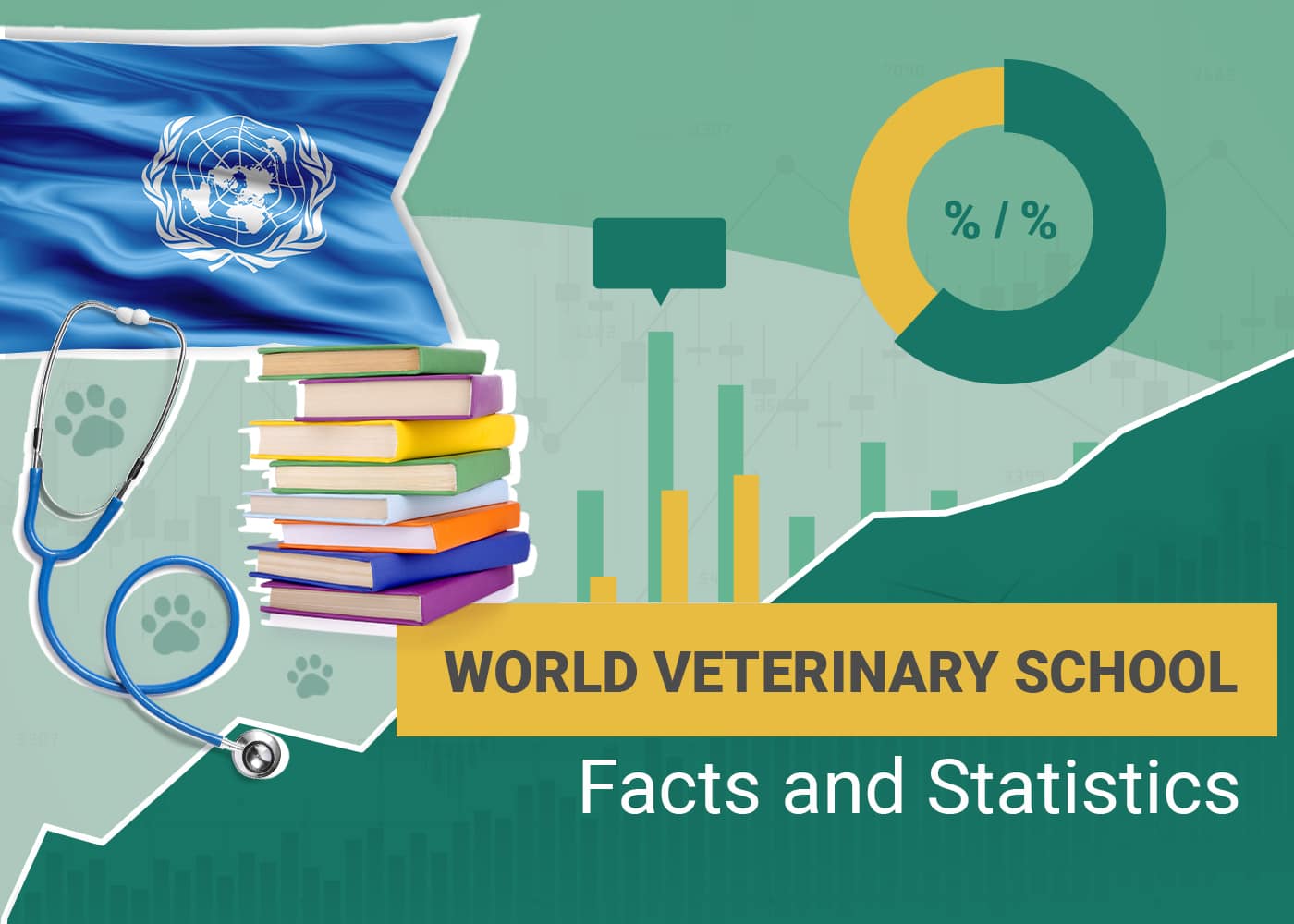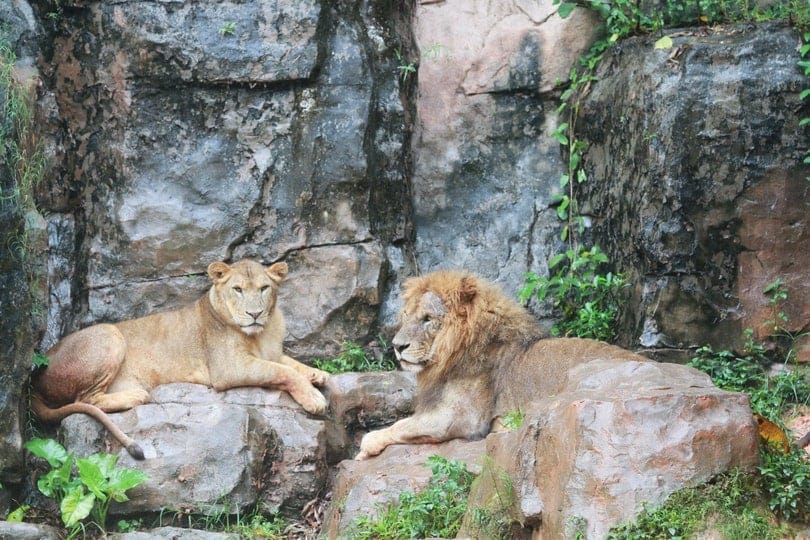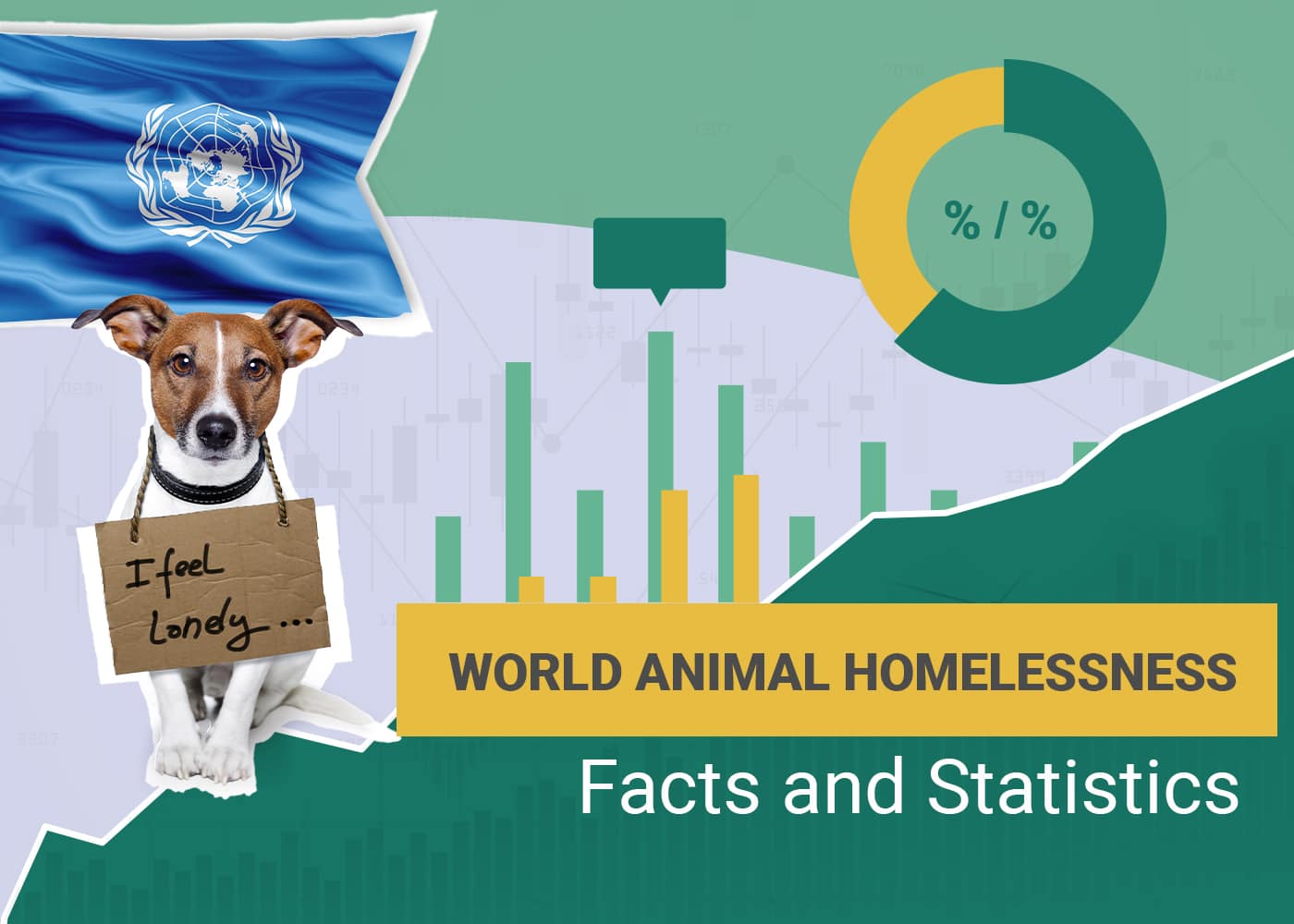Click to Skip Ahead
Note: This article’s statistics come from third-party sources and do not represent the opinions of this website.
Although there is no clear definition of an exotic pet, it is generally considered to be a species that does not have a long history of being domesticated in the country in question. Cats and dogs are considered traditional pets because they have centuries of domestication in the UK and around the world.
Some pets, like Bearded Dragons, for example, are still classified as exotic pets although they have been kept for decades and there is an increasing number of specialised and knowledgeable reptile vets in the UK.
However, some exotic pets in the UK are considered dangerous and are only available with licensed consent from local authorities. Estimates suggest the UK keeps 5,000 primates as pets, for example, and that the ownership of dangerous animals has increased by 60% since the year 2000.
Below, we highlight 11 statistics relating to exotic pets, ranging from commonly kept reptiles to more unusual and potentially dangerous animals.

The 11 Exotic Pet Statistics
- There are 700,000 tortoises and turtles in the UK.
- 600,000 snakes are kept as pets in the UK.
- The UK keeps around 800,000 pet reptiles.
- 5% of UK households own a pet reptile.
- Bearded Dragons are the most popular lizard species in the UK.
- Exotic pet ownership in the UK has increased nearly 60% since 2000.
- There are more than 2,700 dangerous wild animals kept as pets in the UK.
- There are approximately 5,000 primates kept as pets in the UK.
- Marmosets are the most commonly kept primates in the UK.
- 10 times more venomous snakes are kept as pets than are found in UK zoos.
- 80% of vets believe exotic pets are not having their welfare needs properly met.
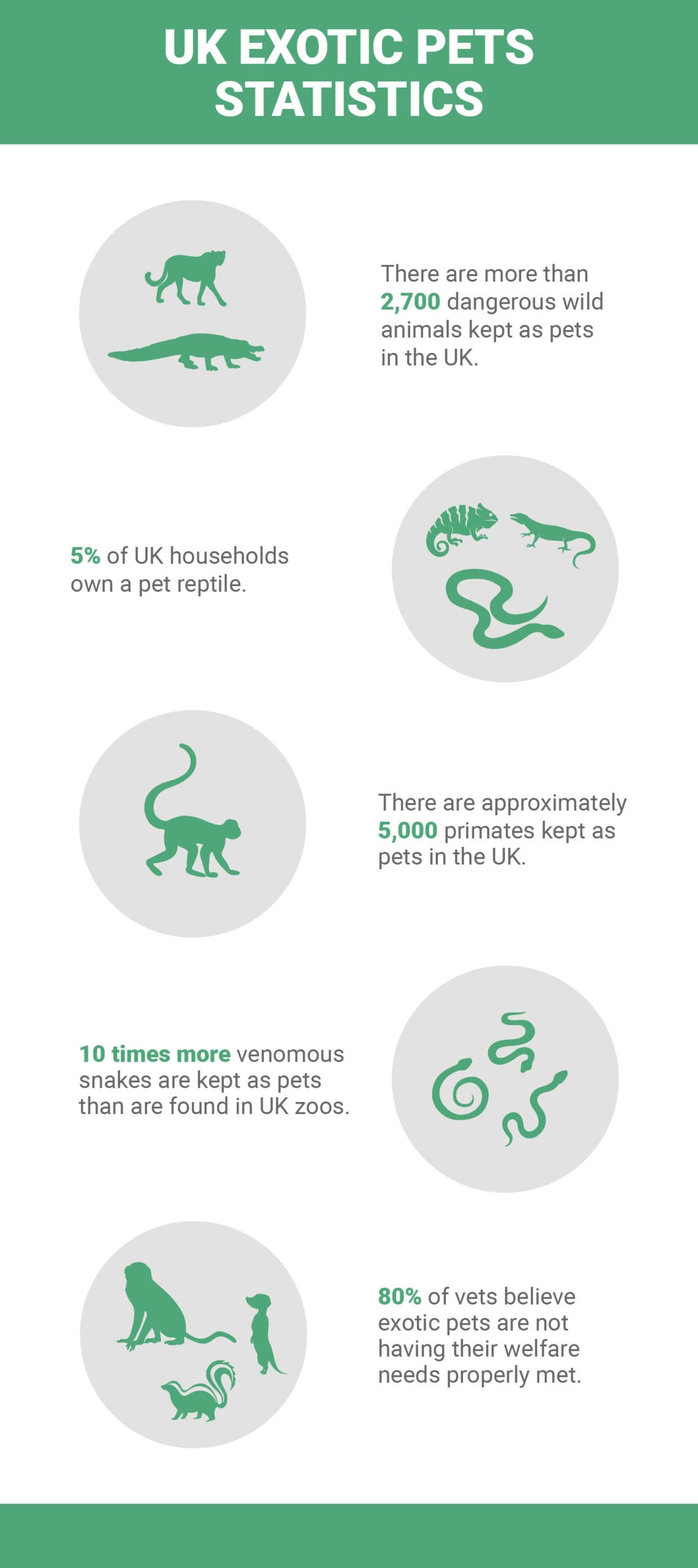

Exotic Pet Ownership Statistics
1. There are 700,000 tortoises and turtles in the UK.
(UK Pet Food)
Some tortoises require a special licence that permits owners to buy and keep them as pets in the UK. However, the law that governs this was introduced in 1985, and pet tortoises can live as long as 100 years. As such, and because some species do not require licences, there is still a large population of this type of animal in the UK.
Other turtles and terrapins do not require licences, and their popularity has increased in recent years, especially as the equipment required to keep them has become more widely available. Today, there are approximately 700,000 tortoises and turtles kept in the UK.
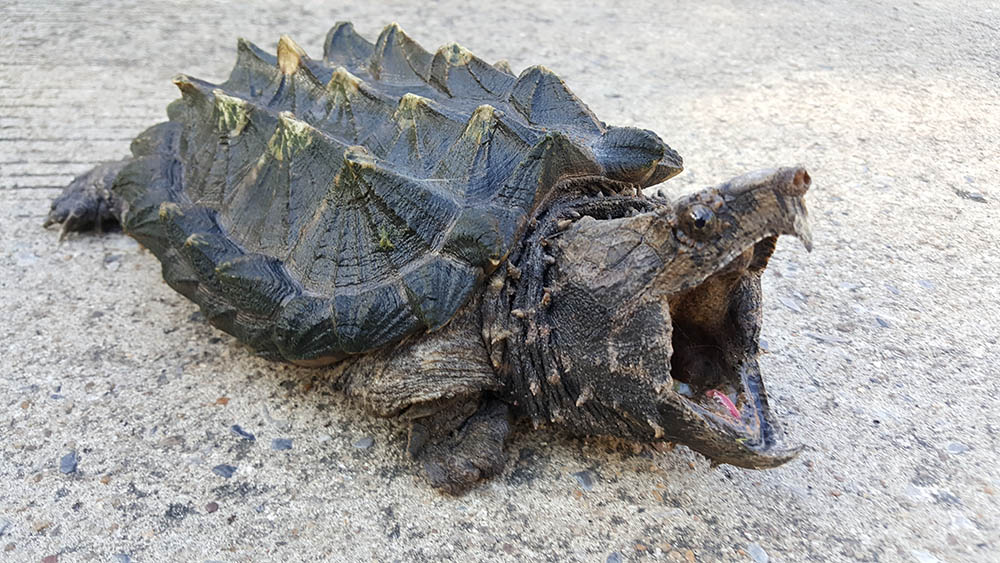
2. 600,000 snakes are kept as pets in the UK.
(UK Pet Food)
Most non-venomous snakes can be kept in the UK without the need for a licence, although licences are required for venomous species. Like turtles, the popularity of snakes as pets has risen, and there are now believed to be around 600,000 snakes in households across the UK.
Owners need to be aware that snakes are ectothermic, which means they cannot regulate their own body temperature and rely on their environment to keep them at an appropriate temperature. This means that keepers not only need adequate housing but they need to provide UV lighting and a heat source to keep their snakes healthy.

Pet Reptiles
3. The UK keeps around 800,000 pet reptiles.
(Global Pet Industry)
Reptiles also have specific environmental requirements, as well as potentially complex dietary and nutritional needs. Despite this, 800,000 of them are kept as pets across the UK with the most popular species being Bearded Dragons, Geckos, and Skinks.
Bearded Dragons are popular because, despite their somewhat aggressive exterior, they are docile lizards that are easier to keep than a lot of others.
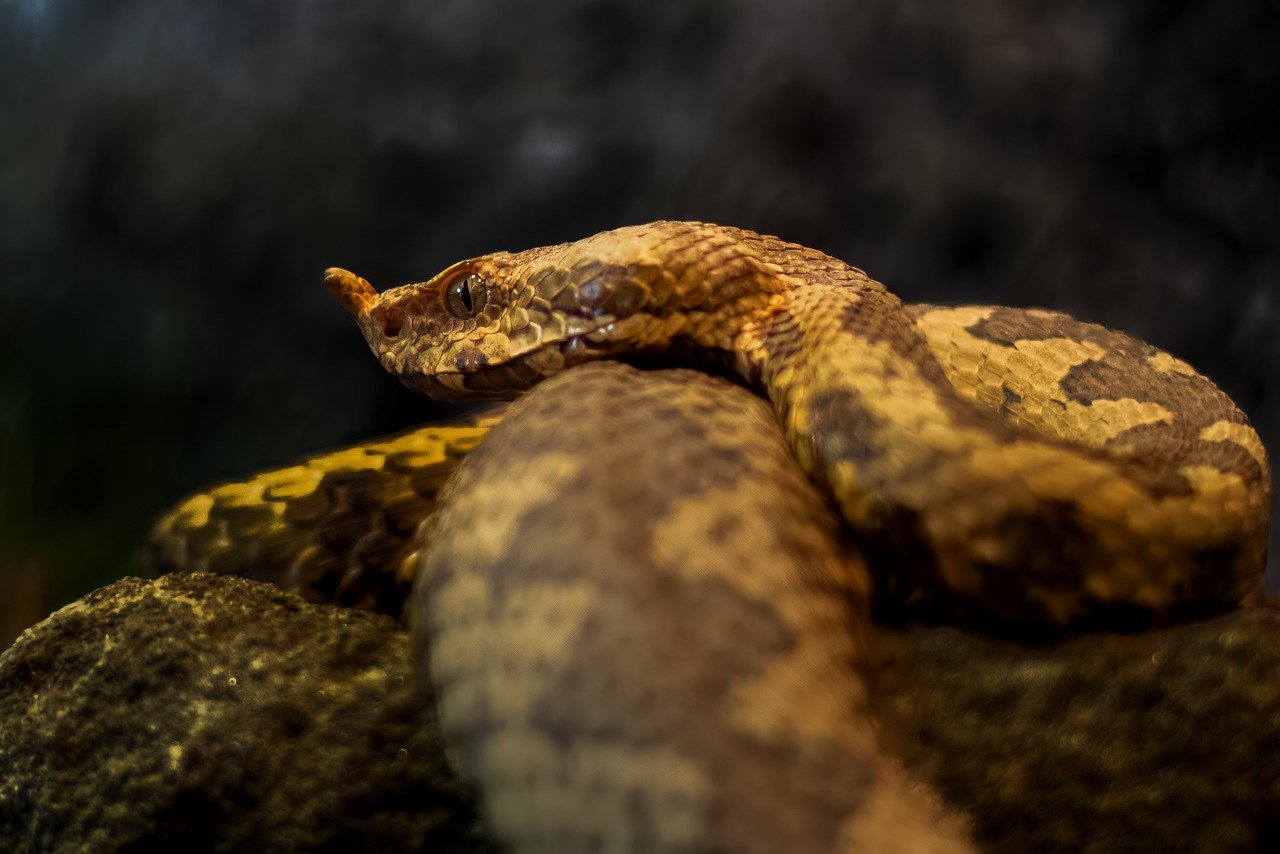
4. 5% of UK households own a pet reptile.
(Global Pet Industry)
800,000 reptiles in the country mean that 1 in 20 households owns a pet reptile. This might be more than some people expect, but is significantly lower than the 1 in 3 households that own a dog and the 1 in 5 that own a cat.
In 2022, just 3.4% of households owned a reptile, so the number is rising quickly. Increased interest is likely driven by improved access to affordable equipment as well as more information on the species online.
5. Bearded Dragons are the most popular lizard species in the UK.
(Pets4Homes)
The Bearded Dragon is considered the most popular lizard species in the UK and is often described as being the ideal starter lizard. It does have demanding UV, heat, and humidity requirements, and it needs to be fed live insects, but it is a docile species that will tolerate handling if handled from young, and it has interesting quirks and habits that make it a fun pet to watch and interact with.
As well as being less skittish than some other species of lizard, it can also cope with being picked up and handled better than the likes of geckos.

Dangerous Exotic Pet Statistics
6. Exotic pet ownership in the UK has increased nearly 60% since 2000.
(BornFree)
There is no clear definition of the term exotic pet, and different groups have different definitions of what it means and what qualifies as exotic. Some consider Parrots and other large birds to be exotic pets.
The popularity of exotic pets has risen considerably in the past 20 years or so. The number of exotic animals kept as pets has increased by 60% since the turn of the century.
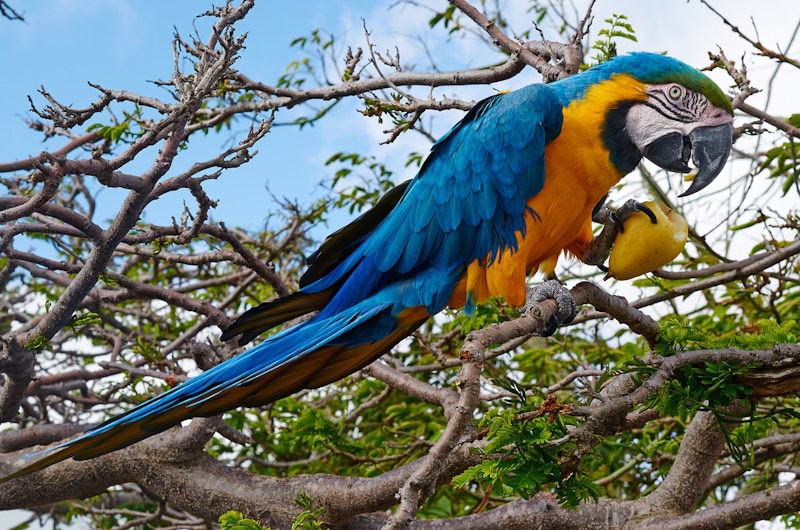
7. There are more than 2,700 dangerous wild animals kept as pets in the UK.
(BornFree)
While non-venomous snakes can be kept in the UK, and many lizard species can also be kept as pets without the need for licences, there is a surprisingly high number of dangerous animals that are kept as exotic pets, too. This includes wild cats like servals as well as caiman and even cheetahs. All of these animals have the potential to be deadly, and potential owners need to apply for a licence to keep them as pets.
In total, there are around 2,700 dangerous wild animals in the UK, although the number may be much higher when taking into account those that are not licensed.
8. There are approximately 5,000 primates kept as pets in the UK.
(RSPCA)
The RSPCA says primates do not make suitable companions, but this group of animals does not typically require a licence in the UK. Anybody could, potentially, walk into a pet shop or buy one online and keep it in their home. There are believed to be 5,000 primates kept as pets but, again, the actual number could be much higher.
Primates are social animals but, when kept as pets, they are typically kept in solitary conditions, which can lead to unwanted behaviour as well as stress, anxiety, and depression.
The RSPCA reports that it receives an average of 50 calls a year about primates, which is 12 times higher than the calls it receives about more traditional pet species like cats and dogs.
9. Marmosets are the most commonly kept primates in the UK.
(RSPCA)
Marmosets are the most popular species of primate kept as pets in the UK and they are found online for an average of just over £1,000. More than 4 in every 5 primates in the country are Marmosets, which do not require a licence to be kept as pets.
Some species that do require licences include Capuchins, Spider Monkeys, and Macaques. Although some Lemurs do require a licence, Eastern Wooly Lemurs do not.
10. 10 times more venomous snakes are kept as pets than are found in UK zoos.
(BornFree)
Venomous snakes are supposed to require licences to be kept as pets. Licences are granted by local authorities, not by the government itself, and different areas have different rules, costs, and requirements.
Costs can vary from less than £100 to more than £1,000 and a local council might require that the owner has experience handling the type of animal in question. They may also demand to see insurance and to ensure that the owner’s premises are suitable for the type of animal they intend to take home.
Despite licence requirements, it is estimated that there are 10 times more venomous snakes kept as pets in the UK than are found in the country’s zoos.
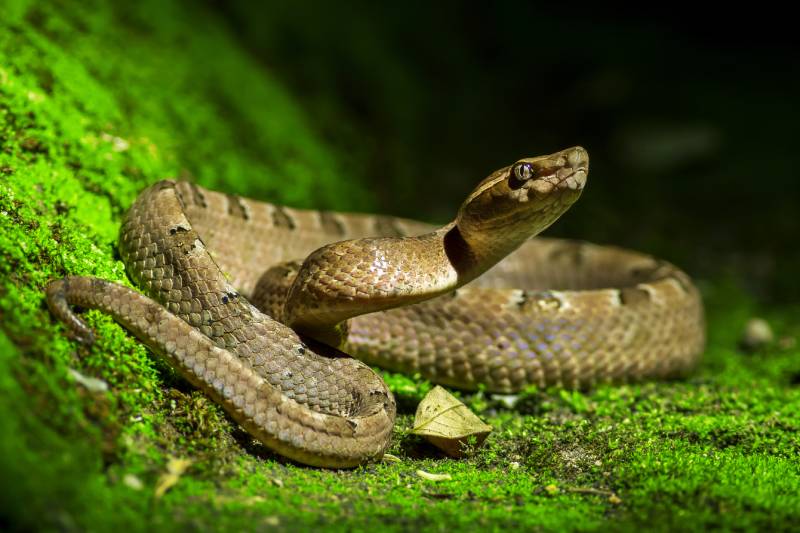
11. 80% of vets believe exotic pets are not having their welfare needs properly met.
(BVA)
Exotic pets are more difficult to keep than cats and dogs because they typically have different environmental requirements to those that are available in homes and other premises. As well as a secure enclosure, exotic pets might require UV lighting, additional heating, and precise humidity levels to ensure they stay fit and healthy.
They also have different dietary requirements, with diets ranging from insects and salads to small mammals. Potential owners need to be aware of these requirements and ensure they are met, or pets can become very ill.
More than three-quarters of UK vets say they are concerned that exotic pets are not having their welfare needs met by owners.

Frequently Asked Questions (FAQ)
What is an exotic pet?
There is no single definition of what constitutes an exotic pet. Generally, however, exotics are said to be those pets that do not have a long history of domestication within the country they are being kept as pets, and that have special environmental requirements that need extra care.
Should you keep exotic pets?
Anybody who wants to keep exotic pets should ensure they have a lot of knowledge about those pets. Learn about their enclosure and living requirements, as well as their environmental needs, dietary needs, and social needs.
Check local laws to determine whether a licence is required and what specific requirements need to be met to get a licence. If you are in any doubt as to whether you will be able to keep an exotic pet, it is best not to get one.
Do you need a licence to keep exotic pets?
A lot of popular exotic pets do not require licences. Non-venomous snakes, most lizards, and a lot of large birds, for example, do not require a licence. Even some primates do not need to be licensed, although keeping primates is discouraged because of the type and level of care they require.
However, dangerous animals do need a licence and this category includes everything from venomous snakes to crocodiles and most wild cats.

Conclusion
Pets offer companionship. They can also be fun to watch. However, all pets require care, including the provision of safe living conditions and the meeting of environmental and dietary requirements. Most of us have some understanding of what is needed to care for pets like cats and dogs because they have been kept in our homes and have been part of our lives for so long.
But, the same isn’t necessarily true of exotic pets like snakes, spiders, and some lizards. Although they are becoming increasingly popular, exotic pets are not as common and we do not have the same history with them. Owners need to do their research on the type of pet they are buying and ensure they can meet the animal’s needs.
Featured Image Credit: Jimmy Chan, Pexels
